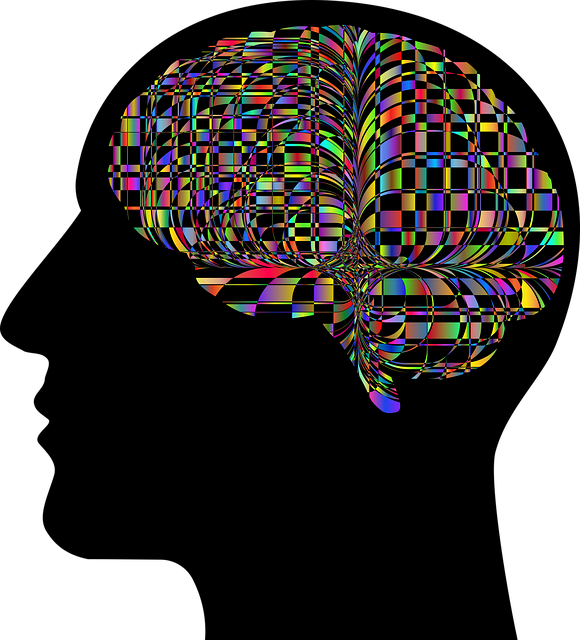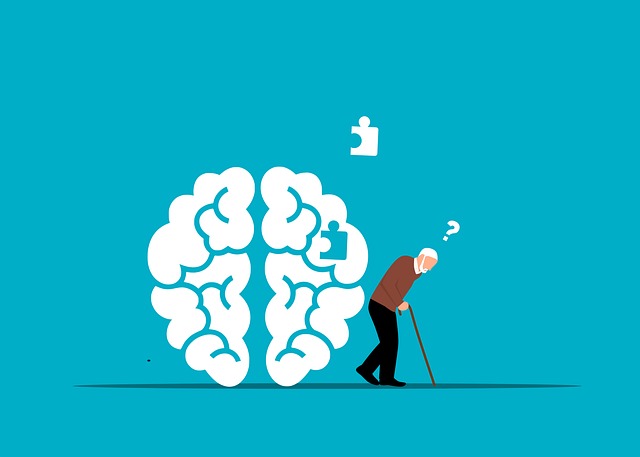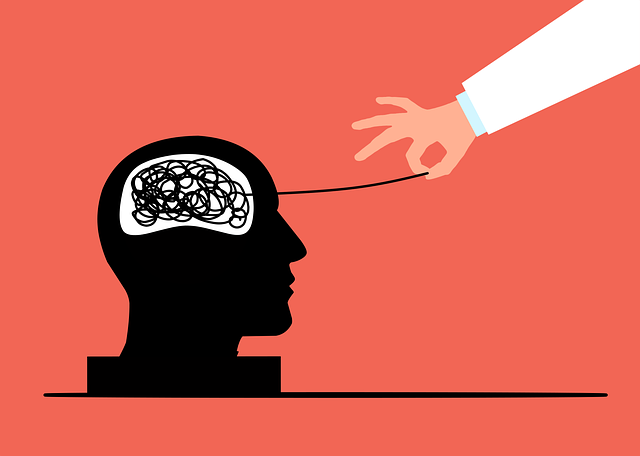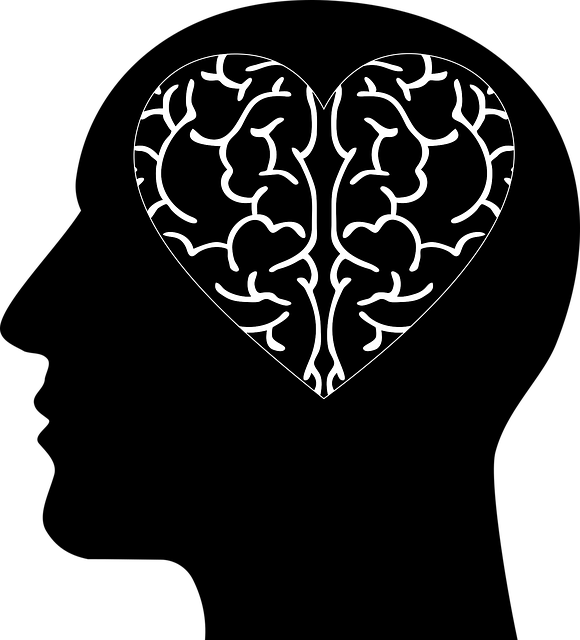Golden Gender-Affirming Care Therapy (GGCAT) provides a safe, non-judgmental space for individuals to express grief and process loss, focusing on identity and relationship dynamics. This approach incorporates conflict resolution, emotional healing, and coping skills training, emphasizing mindfulness meditation and emotional intelligence development. By validating gender identities, GGCAT enhances self-esteem, fosters connection, and promotes long-term resilience, offering holistic support for those experiencing loss, grief, or bereavement.
Loss, grief, and bereavement are universal experiences that can profoundly impact an individual’s well-being. This comprehensive guide explores these complex emotions, offering a deep dive into understanding loss, its various stages, and the unique challenges associated with grieving. We highlight the significance of Golden Gender-Affirming Care in counseling, emphasizing empathy, active listening, and evidence-based techniques to provide effective therapy. By addressing these aspects holistically, professionals can offer profound support during difficult times.
- Understanding Loss, Grief, and Bereavement: A Comprehensive Overview
- The Role of Gender-Affirming Care in Counseling
- Golden Rules for Providing Effective Therapy to Individuals Experiencing Loss
- Common Challenges Faced by Grieving Individuals and How to Address Them
- Integrating Empathy, Active Listening, and Therapeutic Techniques for Holistic Support
Understanding Loss, Grief, and Bereavement: A Comprehensive Overview

Understanding loss, grief, and bereavement is a complex process that requires sensitivity and expertise. It involves recognizing and navigating the multifaceted emotions that arise when someone experiences the death of a loved one. This journey can be particularly challenging for individuals who may also grapple with identity shifts, relationship dynamics, and the integration of their new reality. Golden Gender-Affirming Care Therapy (GGCAT) offers a unique and comprehensive approach to addressing these complexities.
In GGCAT, the focus is on creating a safe space where individuals can express their grief openly without judgment. This therapeutic method incorporates conflict resolution techniques to help clients manage internalized conflicts stemming from loss. Moreover, it emphasizes emotional healing processes, enabling them to process their feelings in healthy ways. A thorough risk assessment for mental health professionals is crucial to ensure the well-being of both the provider and client throughout this delicate journey.
The Role of Gender-Affirming Care in Counseling

In recent years, there’s been a growing recognition of the importance of gender-affirming care in counseling, particularly when addressing issues related to loss, grief, and bereavement. This approach, often referred to as Golden Gender-Affirming Care Therapy, is designed to create a safe and supportive environment for individuals, allowing them to express their emotions freely without fear of judgment or discrimination. By validating and embracing one’s gender identity, this therapy facilitates a deeper exploration of feelings associated with loss, fostering healing and resilience.
The integration of gender-affirming care in counseling sessions can significantly contribute to anxiety relief and stress management. It encourages individuals to develop emotional intelligence by helping them understand and navigate their complex emotions during times of bereavement. This inclusive practice ensures that every client feels seen, heard, and respected, fostering a sense of belonging and empowerment, which are crucial for the healing process.
Golden Rules for Providing Effective Therapy to Individuals Experiencing Loss

In providing effective therapy for loss, grief, and bereavement, several golden rules emerge that ensure individuals receive the best possible care. First, gender-affirming care is paramount, recognizing and respecting each client’s identity and experiences without bias. This creates a safe space where clients feel understood and accepted, fostering openness and honesty. Additionally, incorporating mindfulness meditation as a coping skill can help individuals stay present, process their emotions, and reduce feelings of overwhelm.
The development of coping skills is another vital aspect. Teaching clients practical tools to navigate their grief journey equips them with the resilience needed to face challenges. Equally important is cultivating emotional intelligence; helping individuals recognize, understand, and manage their emotions can lead to more adaptive coping strategies and improved mental well-being in the long term.
Common Challenges Faced by Grieving Individuals and How to Address Them

Grieving individuals often face a multitude of challenges as they navigate their loss. One common struggle is the tendency to isolate themselves from social connections, which can exacerbate feelings of loneliness and depression. This isolation may stem from the belief that no one can understand their pain or that sharing their grief will burden others. To address this, fostering a supportive community through support groups or therapy sessions can offer safe spaces for expression and connection.
Another significant challenge is managing emotional intensity. Grief brings a surge of emotions, including anger, sadness, and guilt, which can be overwhelming. Golden Gender-Affirming Care Therapy (GGACT) provides a unique framework to process these emotions healthily. By incorporating techniques that enhance self-esteem improvement and foster emotional intelligence, GGACT helps individuals develop mental wellness coaching programs tailored to their needs. This personalized approach not only aids in the grieving process but also promotes long-term resilience and improved overall mental wellness.
Integrating Empathy, Active Listening, and Therapeutic Techniques for Holistic Support

In providing loss, grief, and bereavement counseling, integrating empathy, active listening, and therapeutic techniques is paramount for offering holistic support. Empathy allows therapists to understand and share the client’s feelings, fostering a sense of being heard and validated. This emotional connection forms the foundation for building trust, encouraging clients to explore their emotions openly. Active listening further enhances this process by ensuring every word and nuance is comprehended, enabling the therapist to provide tailored responses that resonate with the individual’s unique experience.
Therapeutic techniques play a crucial role in complementing these approaches. Stress reduction methods help individuals manage anxiety and overwhelm associated with loss. Confidence-boosting exercises empower clients to navigate their grief journey with resilience. Self-awareness exercises encourage introspection, allowing individuals to process their emotions and develop coping mechanisms that align with their personal growth. Through the synthesis of empathy, active listening, and these techniques, Golden Gender-Affirming Care Therapy offers a nurturing environment where each client receives personalized support tailored to their specific needs.
Loss, grief, and bereavement counseling are essential aspects of holistic support, especially with the growing recognition of diverse identities. Integrating golden gender-affirming care into therapy sessions can revolutionize healing processes, ensuring individuals receive compassionate, effective treatment tailored to their unique experiences. By understanding the complex interplay of loss, grief, and cultural factors, counselors can offer powerful tools to navigate challenges, foster resilience, and promote profound emotional growth. This comprehensive approach, combining empathy, active listening, and a variety of therapeutic techniques, empowers those affected by loss to find solace, healing, and renewed purpose.














